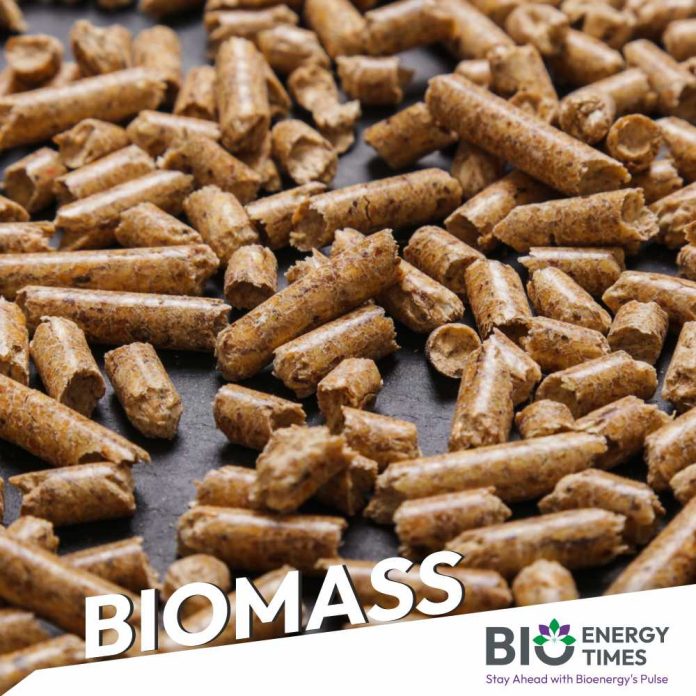Taiwan has put on hold a major plan to convert one of its largest coal-fired boilers to run on wood pellets, according to a recent report by the U.S. Department of Agriculture’s Foreign Agricultural Service (FAS), reports Biomass Magazine.
The conversion project, led by state-owned utility Taiwan Power Co. (Taipower), was part of the country’s broader strategy to reach net-zero emissions by 2050. The government had aimed to boost renewable energy’s share of total power capacity to 20% by 2026, with biomass contributing 3% of that target. A GAIN report released in late 2023 estimated the proposed project could have created a $300 million opportunity for U.S. wood pellet exporters.
However, following a shift in leadership last year, Taiwan’s new administration has begun reassessing the country’s energy strategy. As a result, the government has decided to temporarily shelve the coal-to-pellet conversion plan.
Despite the setback, the FAS report notes that opportunities still exist in Taiwan’s paper and petrochemical industries. These sectors, which use fluidized bed systems for energy generation, are under pressure to reduce their carbon emissions. Industry estimates suggest that Taiwan’s petrochemical and heavy industries could require more than 800,000 metric tons of wood pellets annually to meet their energy needs and emissions targets.
Currently, Taiwan produces only about 300,000 to 400,000 metric tons of non-industrial grade wood pellets per year, far short of projected demand. As a result, the country will need to rely on imports to bridge the gap.
At present, Taiwan imports very few wood pellets from the United States. According to USDA data, just 19 metric tons were shipped from the U.S. to Taiwan last year — a tiny fraction of the 10 million metric tons the U.S. exported globally in 2024.
The full report is available on the USDA FAS Global Agricultural Information Network (GAIN) website.















